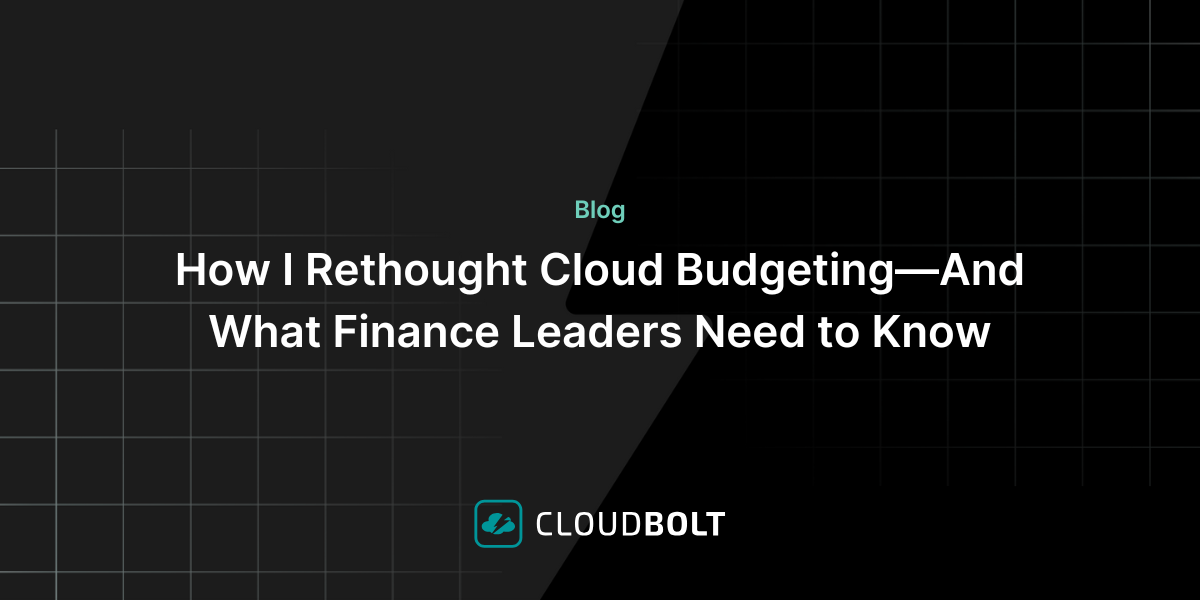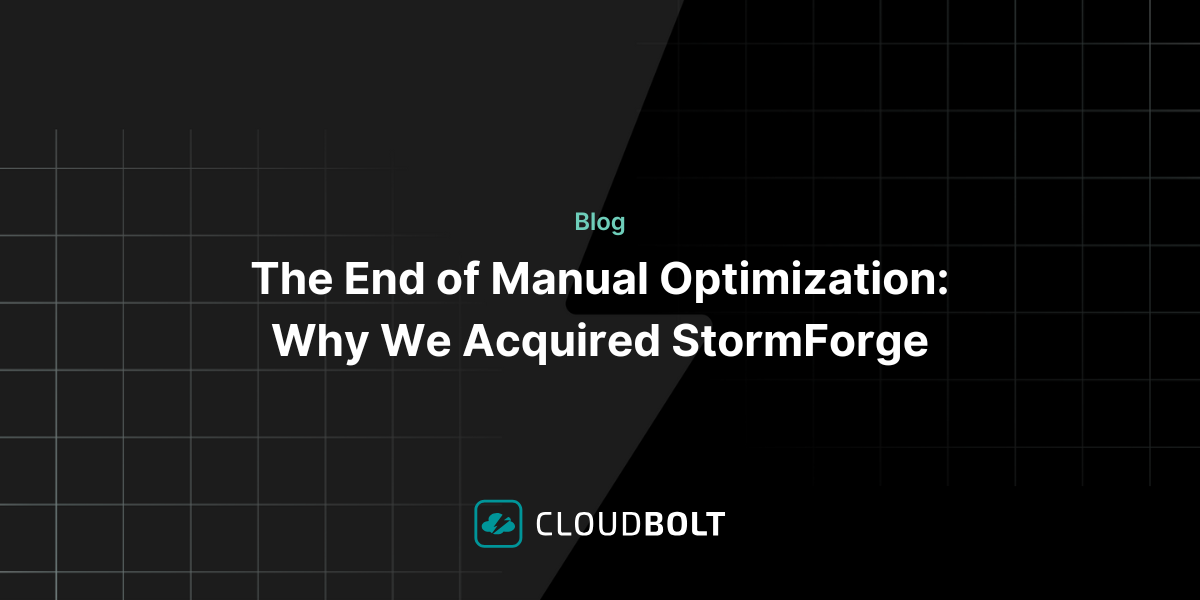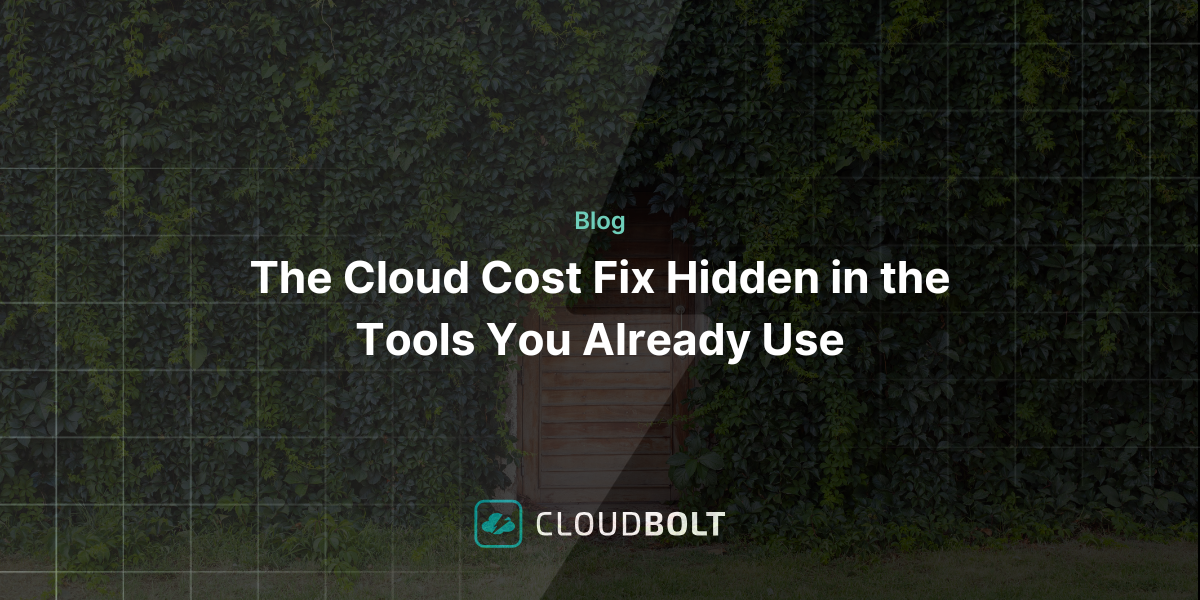Four Hybrid Cloud Integration Challenges and Their Solutions
The benefits of hybrid cloud integration are clear to many modern-day enterprises. IT leaders have embraced hybrid cloud to adapt to the constantly evolving business landscape. Accordingly, organizations can run applications seamlessly across public, private, and on-premises cloud infrastructures. Each workload runs in an environment that best matches its security and performance requirements.
But adopting hybrid cloud is not without its challenges. To make it work effectively, organizations have to master four basic challenges.
Migration Complexity
Moving to a hybrid environment from a private cloud, public cloud, or an on-premises data center can be expensive. It is also time-consuming.
IT must ensure existing applications and workloads are seamlessly portable and operable across the on-premises data center and public cloud providers. Moreover, the organization may be using different cloud stacks that come with varying complexity.
In essence, migrating to hybrid cloud requires organizations to integrate different clouds and providers. It also should make the proprietary features and components work seamlessly. Most organizations don’t have the IT personnel with the skills to conduct the migration.
For a successful migration, you might need to hire an external consultant or work with a managed cloud service provider.
Governance
The goal of IT governance is to standardize processes in the organization. In a hybrid cloud setup, governance can be a challenge because of the merging of disparate systems. Many organizations struggle with governance in the hybrid cloud.
The solution is three-pronged: Organizations need to increase automation, implement self-service, and have a unified management panel. In short, they need a cloud management platform (CMP), such as CloudBolt. A CMP would enable IT to have granular, single-console monitoring of cloud resources. A CMP also makes it easier to manage security, data, process, and policy implementation.
A CMP would make hybrid cloud governance much simpler by introducing an abstraction layer between IT and the disparate computing environments.
Provisioning
Provisioning refers to the allocation of cloud resources and services. Hybrid cloud environments have two provisioning methods – dynamic provisioning and self-provisioning.
Dynamic provisioning, also referred to as cloud bursting, automatically scales up and down according to demand. Self-provisioning is a managed service where IT admins buy additional cloud resources whenever organizations need them.
It’s possible to automate provisioning in hybrid cloud. Organizations can do this by scaling multitiered, distributed workloads across environments using a combination of orchestration tools. A unified CMP interface’s consumption component shows the true consumption costs to help organizations avoid a toolchain or billing nightmare.
Security
Hybrid cloud environments are complex, and with complexity comes security risks. The biggest point of risk for organizations moving to a hybrid model is public cloud. This is because security in public cloud is API-driven, and the security practices employed may not be sufficient. After all, developers who are not familiar with the organization’s security needs set up the security protocols.
To overcome these security challenges, organizations need to invest in visibility, control, and optimization. You can achieve all these with the right CMP.
Get your cloud management platform concerns addressed. Schedule a demo of CloudBolt now.
Related Blogs

How I Rethought Cloud Budgeting—And What Finance Leaders Need to Know
If you’re a finance leader trying to bring more structure and strategy to cloud budgeting, you’re not alone. While most…

